Empowering Artistry: The Art and Science of Artist Management
MANAGEMENT
Emilija Aneta Kazlauskaite
3/7/20243 min read
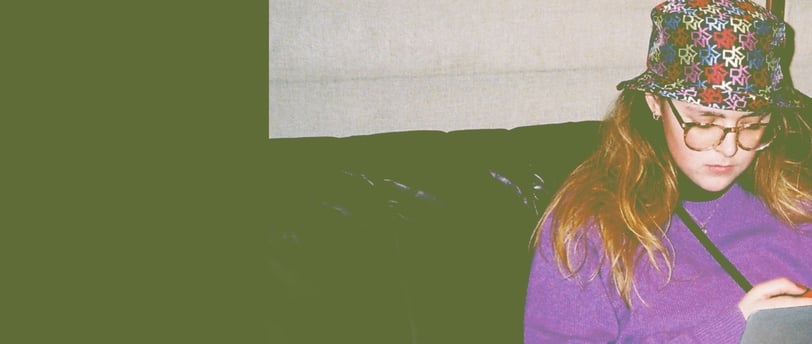

Becoming an artist manager was never a part of my initial plan. Although I harboured a deep love for music, but organising events, managing social media, producing, and planning were foreign territories to me. In my school days, I was notably reserved. The thought of performing live or planning events with others never seemed like something I would be capable of.
But then, a pivotal shift happened.
In a small gathering, an intriguing question surfaced: who would step forward to organise a school event centred around love? The usual candidates declined, prompting me, with newfound courage, to volunteer for the task. This moment was the genesis of my music odyssey, compelling me to take responsibility and create something profoundly meaningful.
From the outset, my ambition was to break away from the norm, to innovate, and to craft something entirely novel and worthwhile. This ethos is deeply ingrained and resonated profoundly in my future career as an artist manager.
So today, I want to delve deeper into the skills and qualities a great artist manager should have to empower artists and bands. These qualities are the ones I feel are the most important when looking for a manager or if you’re considering management as your career, as they could be a great guide to check if you have what it takes.
Diplomatic Advocate: Navigating the complexities of the music industry demands diplomatic finesse. It is inevitable, that some issues will occur, so a level-headed manager is always a big plus. It also includes emotional support and advocating for artists’ interests, ensuring they are treated with respect. In times of crisis, managers act as crisis managers, preserving the artist’s reputation and mitigating potential harm to their career.
Proactive Driver: Proactive managers are vital in long-term career development. There have been many instances, when I artist signs a contract with a pronoun manager and they get almost no attention. That is why it is essential having someone who would constantly look up for opportunities and will guide artists on album releases, tour planning, and artistic evolution.
Supportive Mentor: Artists seek more than just representation, they require a supportive mentor who believes in their craft. Being in the music industry as a musician is overwhelming, so a manager who would understand, support and adjust the schedule according to that is the way to having a healthy career. A good manager provides emotional and professional support, understanding the challenges inherent in the industry.
Effective Communicator and Networker: Clear communication is paramount in the intricate landscape of the music industry. In the artist-to-manager relationship and in others, you want a manager to communicate the artist's ideas clearly and be confident. A proficient manager navigates complexities, negotiates contracts, and maintains relationships effectively. Managers' extensive networks should open doors for collaborations, maximising the artist’s potential.
In essence, an artist manager is more than a facilitator, they are a mentor, advocate, and confidant. Their dedication empowers artists to focus on their craft, secure in the knowledge that a capable manager is steering the ship.
And it is important to note, that every artist's needs when looking for a manager might be different and that’s fine. But these highlighted characteristics can be applied to almost anyone's needs.
With the right manager, artists can transform their dreams into enduring musical legacies. So before getting a new manager always investigate how they work with others and what to expect.
As always, if you have any questions or comments, don’t hesitate to ask down below!

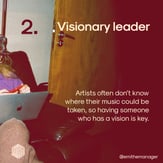
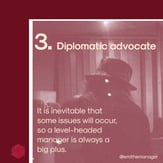
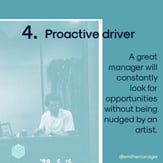
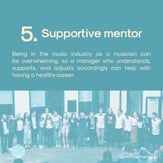
Strategic Planner and Organiser: A good manager should be a strategic thinker, adept at negotiating contracts, managing budgets, and overseeing financial aspects, ensuring fair compensation for artists. My affinity for mathematics, physics, and IT in school shaped my meticulous and organised nature. This attention to detail proved invaluable when crafting event schedules and formulating strategic plans, identifying key opportunities, and enhancing artists’ visibility and revenue streams.
